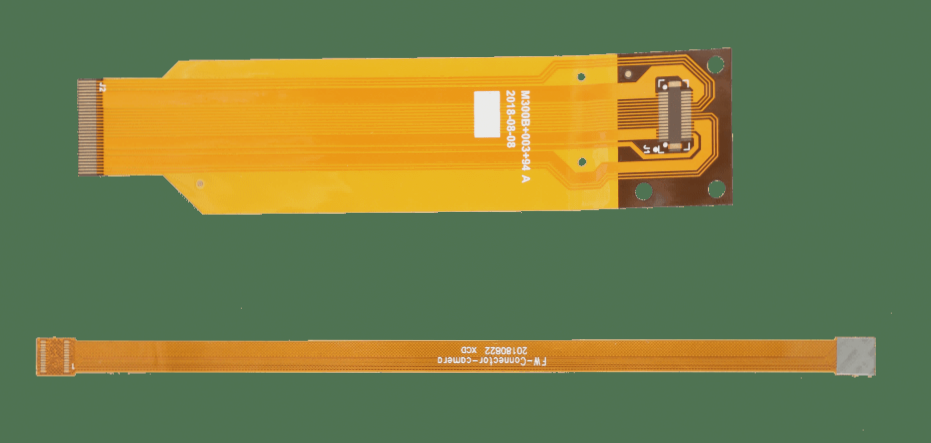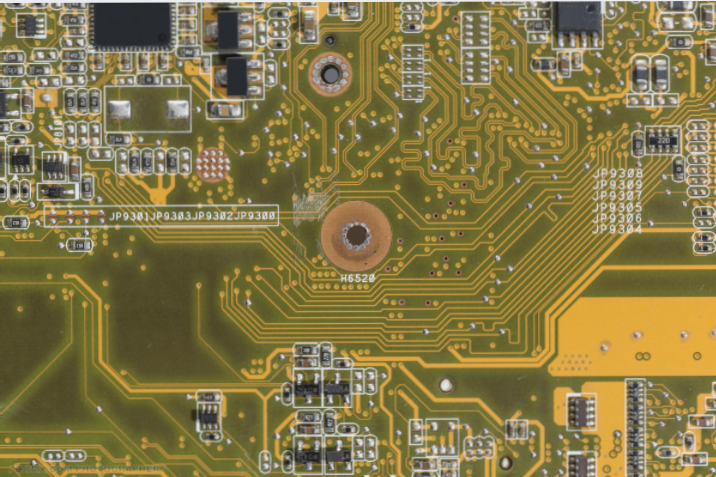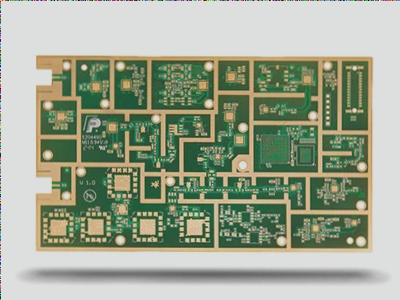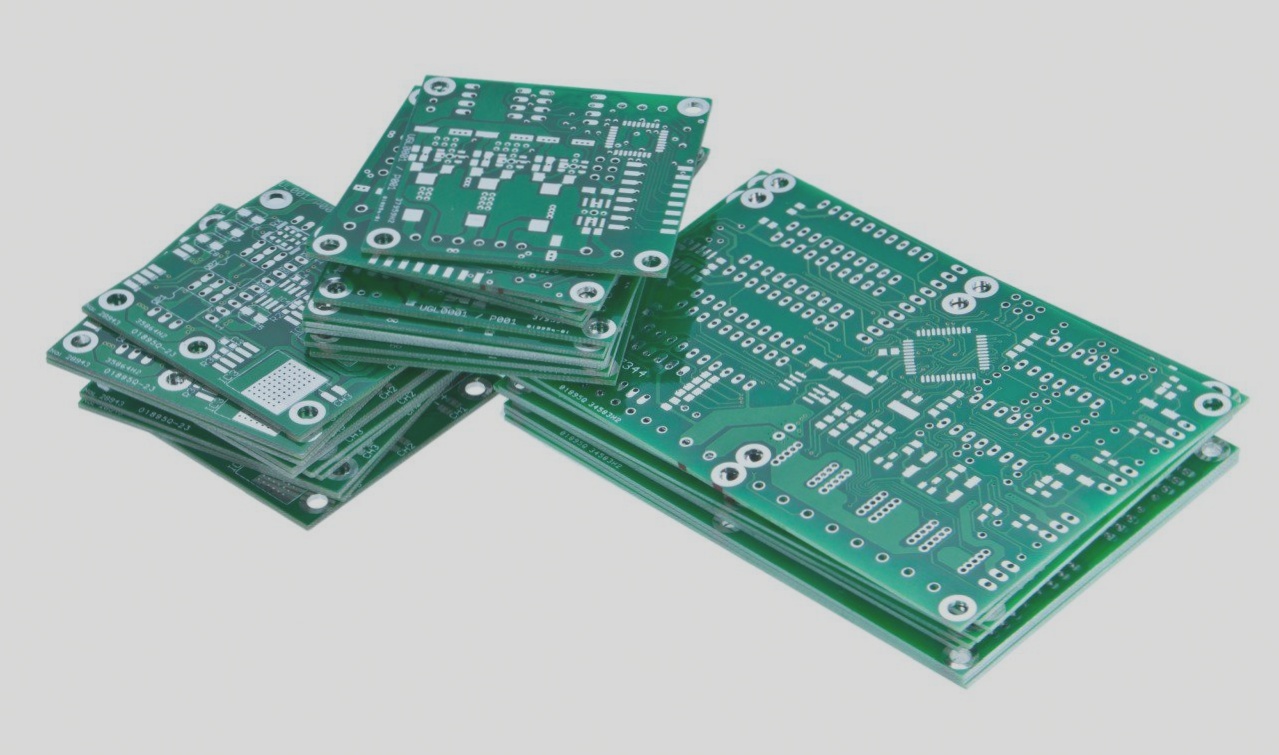1. The process of manufacturing FPC (Flexible Printed Circuit) involves several steps, including exposure, PI (Polyimide) etching, opening, electrical testing, punching, appearance inspection, performance testing, and more.
2. The production process of FPC is closely tied to its overall performance.
3. Upon completion of production, rigorous testing is essential to identify and eliminate any defective FPCs, ensuring that only high-quality FPCs are utilized in applications, thereby optimizing their functionality.

1. In the FPC Flexible PCB test, a high-current shrapnel micro-needle module with conduction and connection functions can ensure the stability and efficiency of the test.
2. In the FPC Flexible PCB process, exposure transfers the circuit pattern to the board using dry film, typically via photosensitive methods.
3. After exposure, the circuit of the FPC Flexible PCB is formed, with the dry film serving to transfer the image and protect the circuit during etching.
4. PI etching involves spraying etching solution evenly onto the copper foil surface under specific temperature conditions, initiating an oxidation-reduction reaction to form the circuit after film removal treatment.
5. The opening process forms the original conductor and interconnection circuits between layers, commonly used for conduction connection in double-layer FPCs.
6. Beyond service life, reliability, and environmental performance, FPC Flexible PCB performance tests include folding resistance, flex resistance, heat resistance, solvent resistance, solderability, and peeling performance.
7. Folding and flex resistance depend on factors such as copper foil material and thickness, adhesive type and thickness, and insulating base material.
8. Symmetric double-layer and multilayer FPC copper foils during assembly contribute to improved bending and flex resistance.
9. Professional equipment, including the high-current shrapnel microneedle module, ensures stable conduction with integrated shrapnel design for high accuracy and conductivity.
10. The module can transmit currents in the range of 1-50A with reliable overcurrent protection, maintaining constant voltage and stable performance without current attenuation.
11. It accommodates small pitches (0.15mm-0.4mm) with stable connection, uninterrupted needling, and extended service life exceeding 20,000 cycles after gold plating and hardening.
12. The module enhances FPC Flexible PCB testing efficiency without frequent replacement in high-frequency tests, minimizing material waste and losses.
13. For reliable FPC Flexible PCB testing with optimal performance and cost-effectiveness, the high-current shrapnel microneedle module is indispensable, ensuring stability, longevity, and quality.
14. WellCircuits Limited, a professional FPC manufacturer, is privileged to collaborate with numerous clients, always ready to support new customers. Reach out to us anytime for assistance.
2. The production process of FPC is closely tied to its overall performance.
3. Upon completion of production, rigorous testing is essential to identify and eliminate any defective FPCs, ensuring that only high-quality FPCs are utilized in applications, thereby optimizing their functionality.

1. In the FPC Flexible PCB test, a high-current shrapnel micro-needle module with conduction and connection functions can ensure the stability and efficiency of the test.
2. In the FPC Flexible PCB process, exposure transfers the circuit pattern to the board using dry film, typically via photosensitive methods.
3. After exposure, the circuit of the FPC Flexible PCB is formed, with the dry film serving to transfer the image and protect the circuit during etching.
4. PI etching involves spraying etching solution evenly onto the copper foil surface under specific temperature conditions, initiating an oxidation-reduction reaction to form the circuit after film removal treatment.
5. The opening process forms the original conductor and interconnection circuits between layers, commonly used for conduction connection in double-layer FPCs.
6. Beyond service life, reliability, and environmental performance, FPC Flexible PCB performance tests include folding resistance, flex resistance, heat resistance, solvent resistance, solderability, and peeling performance.
7. Folding and flex resistance depend on factors such as copper foil material and thickness, adhesive type and thickness, and insulating base material.
8. Symmetric double-layer and multilayer FPC copper foils during assembly contribute to improved bending and flex resistance.
9. Professional equipment, including the high-current shrapnel microneedle module, ensures stable conduction with integrated shrapnel design for high accuracy and conductivity.
10. The module can transmit currents in the range of 1-50A with reliable overcurrent protection, maintaining constant voltage and stable performance without current attenuation.
11. It accommodates small pitches (0.15mm-0.4mm) with stable connection, uninterrupted needling, and extended service life exceeding 20,000 cycles after gold plating and hardening.
12. The module enhances FPC Flexible PCB testing efficiency without frequent replacement in high-frequency tests, minimizing material waste and losses.
13. For reliable FPC Flexible PCB testing with optimal performance and cost-effectiveness, the high-current shrapnel microneedle module is indispensable, ensuring stability, longevity, and quality.
14. WellCircuits Limited, a professional FPC manufacturer, is privileged to collaborate with numerous clients, always ready to support new customers. Reach out to us anytime for assistance.




